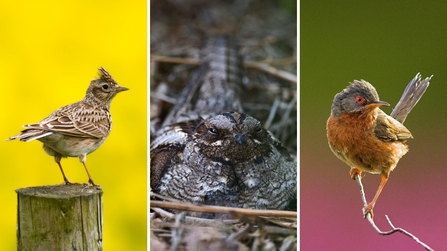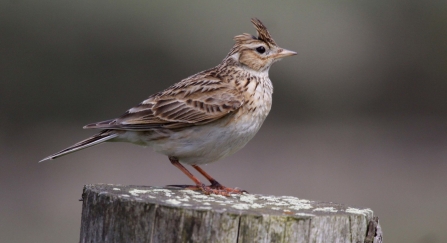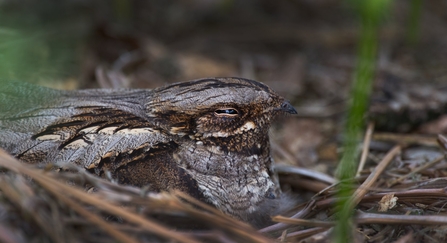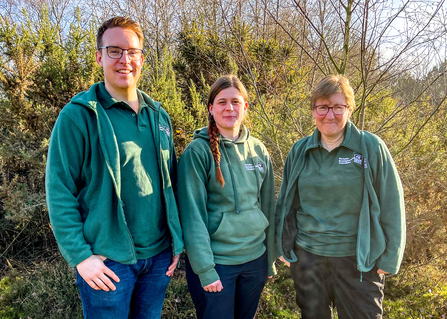DOG walkers in Berkshire are being urged to keep their pets under control this spring to protect some of the county’s rarest and most enchanting birds.
BBOWT is making the appeal at two of its most popular nature reserves - Greenham & Crookham Commons and Snelsmore Common.
Wednesday, 1 March, marks the start of ground-nesting bird season in the UK when species such as nightjars, skylarks and Dartford warblers make nests on the ground or in low-growing bushes.




